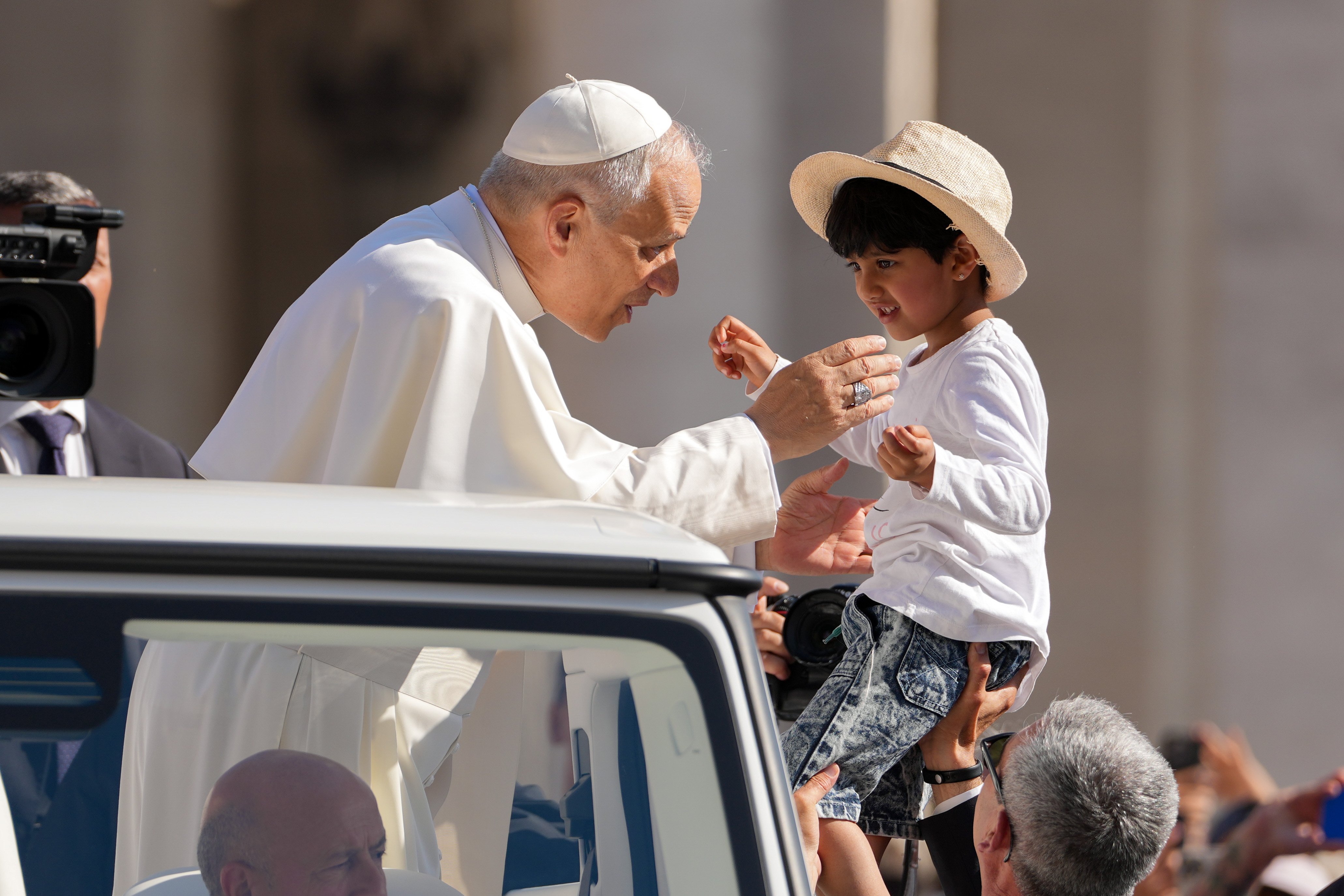SERVE THE LORD WITH GLADNESS | We’re called to form our conscience in accord with Catholic teaching
After the election, our mission to proclaim and give witness to the Gospel will remain

There was a scholar of the law who stood up to test Jesus and said: “Teacher, who should I vote for in the upcoming election?”
OK, that didn’t really happen. But, one month before the election, it sure feels like that’s the question on people’s minds. And people would like the Church, or me, or their pastor, to answer it.
Well, the Church doesn’t answer that question for anyone, and neither will I, and neither should any pastor. The fundamental reason isn’t because IRS regulations forbid it (though that’s also true). The fundamental reason is that it’s a decision for the conscience of each person, and I’m not called to replace anyone’s conscience — that’s a place where each of us stands alone before God.
What I am called to do, and every pastor is called to help with, is to form consciences in accord with Catholic teaching. That’s why, every four years, the U.S. bishops publish Forming Consciences for Faithful Citizenship. I recommend it! It contains a robust treatment of how a Catholic should approach elections — it’s detailed and nuanced in a way that meets the complexity of our situation.
If I can highlight just two points from the document, to help form and challenge the consciences of everyone in preparation for the election, it would be these.
First: If you don’t hold that abortion is the pre-eminent moral issue of our time, and if you don’t struggle to justify voting for a candidate whose record or policy would favor or even expand abortion, then you probably aren’t forming a Catholic conscience in preparation to vote.
Second: If you think that other serious issues like race, immigration and the environment can be dismissed or ignored, and if you don’t struggle to justify voting for a candidate whose record or policy would be contrary to Catholic teaching on these matters, then you probably aren’t forming a Catholic conscience in preparation to vote.
To be sure, the issues I just named aren’t the only ones to be weighed — there are plenty of others to be placed on the scales. But those two points are enough to challenge everyone for the moment.
The conclusion to be reached after giving all the issues their appropriate weight? That’s not mine to say for anyone but myself. I will steadfastly refuse to tell anyone what conclusion they should reach. No one who works or teaches for the Church should presume to do so, either.
But I know one thing, I notice one thing, and I want to encourage one thing.
What I know is this: Jesus is not running for office. The day after the election our primary mission will be the same: to proclaim and give witness to the Gospel in all its fullness. The winners will make some parts of that easier, and some parts incredibly hard. Either way, we’ll have a lot of work to do.
What I notice is this: The way we talk to one another makes me uneasy. How we form our relationships before the election makes a big difference in whether or not we’re going to be able to work together after the election. For many years now, we haven’t been doing such a good job.
What I want to encourage is this: Let’s talk to one another differently in the coming month. Let’s listen to each other more deeply — to the reasons, the hurts and the hopes. Yes, the election really matters! But something matters more — our shared identity in Christ, and our shared mission to serve the Gospel.
Our culture is drifting ever farther from the Gospel — and by that very fact becoming more and more in need of it. We have too much work to do together to let the powers of the world alienate us from one another.



